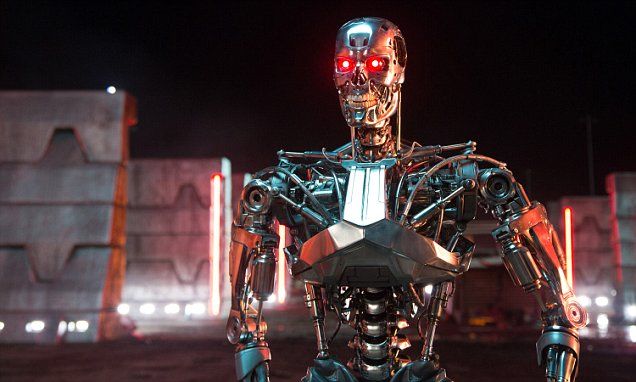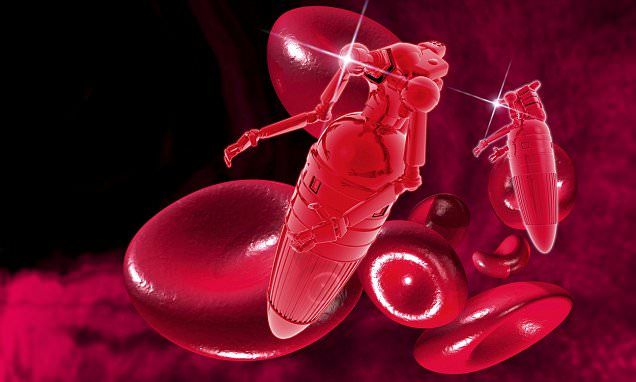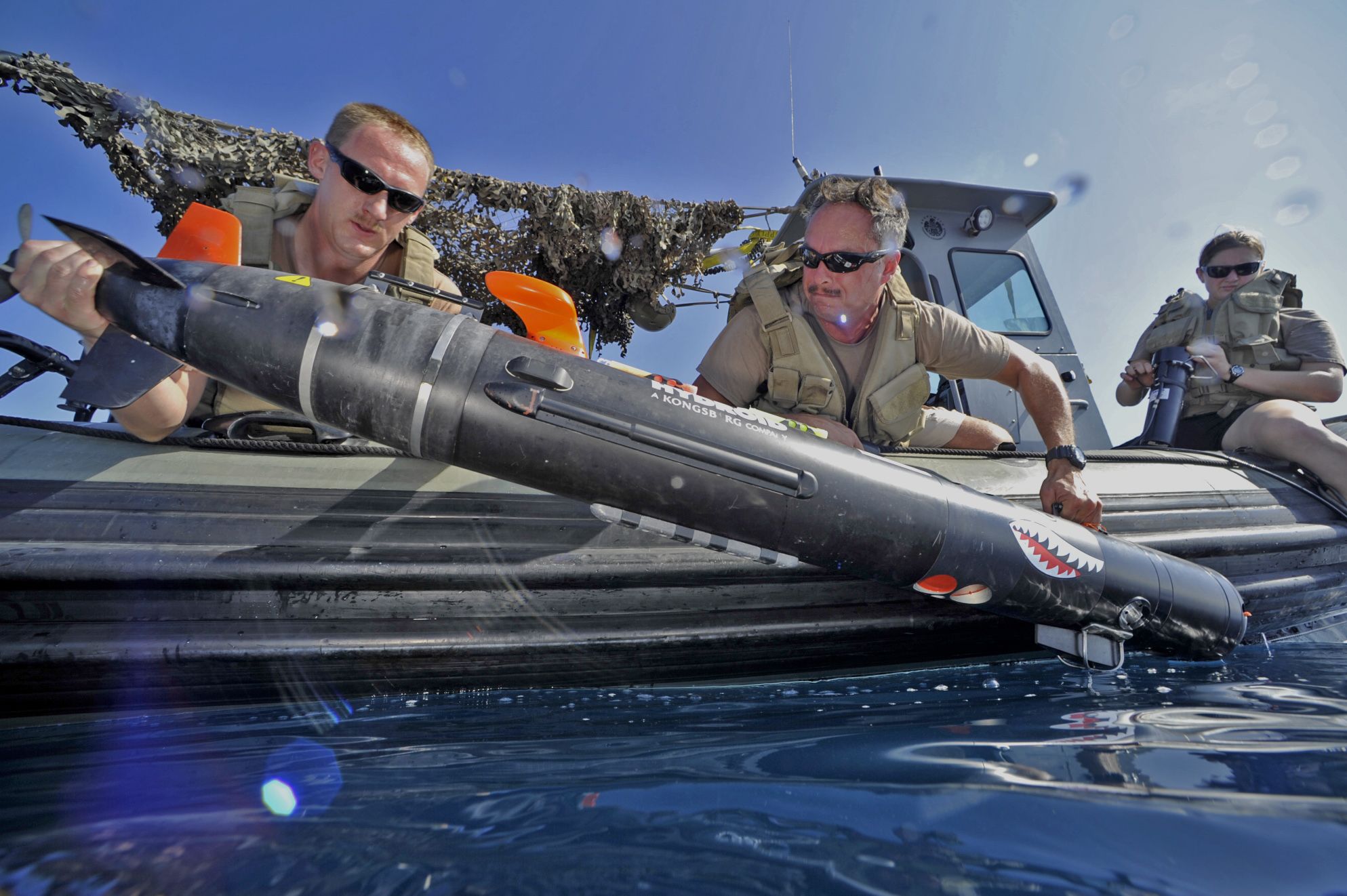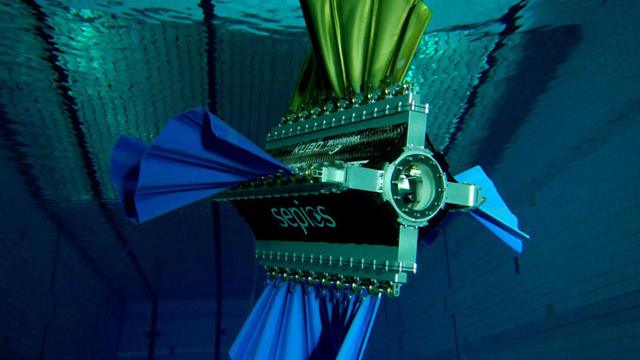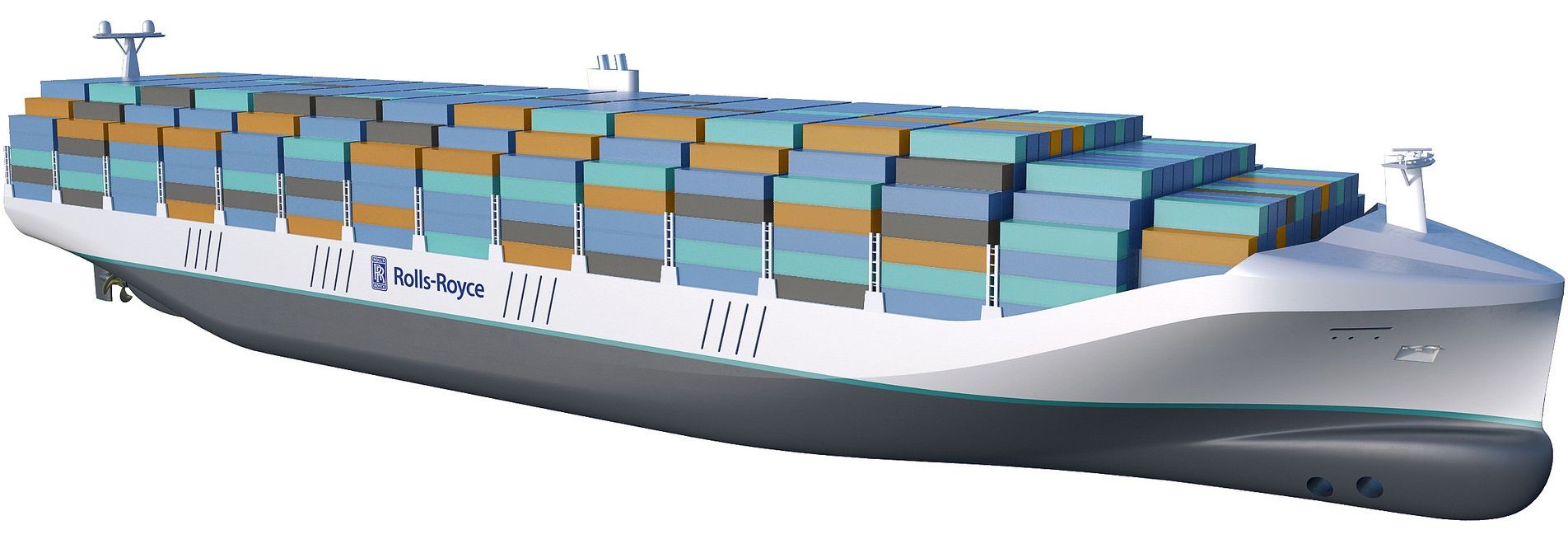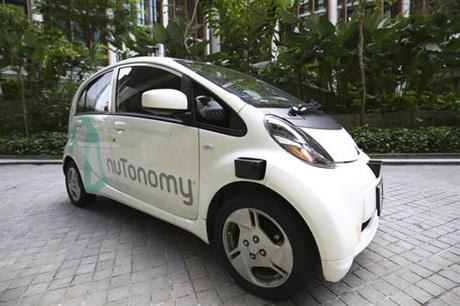CIA reveals Spacenet ‘AI in the sky’ that could constantly monitor activity on Earth via high resolution satellites…
It sounds like something out of a sci-fi film — an AI that constantly monitors the Earth, looks for unusual activity.
However, CosmiQ Works, a division of the CIA’s venture arm, has revealed SpaceNet, a project with Amazon, satellite mapping firm DigitalGlobe and chip firm Nvidia to train algorithms to work out what’s happening on our planet.
The project will create a giant online database of hi-res images that AIs will be able to use to teach themselves — and started with images of Rio during the Olympics.
